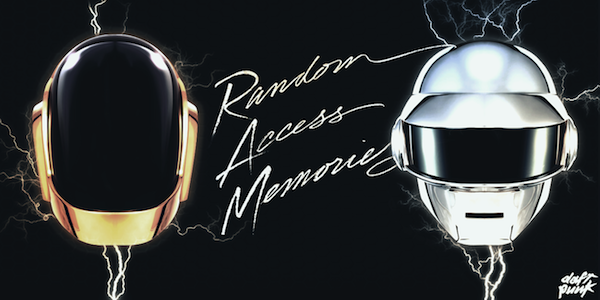


Such sound-sculpting helped give birth to the “French touch,” a wildly influential production style whose luxe detailing continues to resonate through dance music decades later. The duo’s innovation was to take the wriggly, rough-hewn style-a descendent of disco, rooted in Black and queer communities in America’s cities-and sand down its edges, giving looped funk basslines both sensuous heft and Gallic panache. Shortly after, in 1993, the two regrouped as Daft Punk, trading their guitars for synths and samplers, and paying homage to the silky, hypnotic thump of Chicago house. Parisian natives Guy-Manuel de Homem-Christo and Thomas Bangalter, born in 19, respectively, met in school and played briefly in a rock band, Darlin’, with future Phoenix member Laurent Brancowitz. Few acts have done as much to translate electronic music’s sometimes arcane pleasures to pop’s broadly universal contours. Daft Punk may pretend to be robots-their gleaming cyborg helmets are among the most recognizable silhouettes in modern music-but it’s the French duo’s warm, clearly human hearts that make them so beloved.


 0 kommentar(er)
0 kommentar(er)
